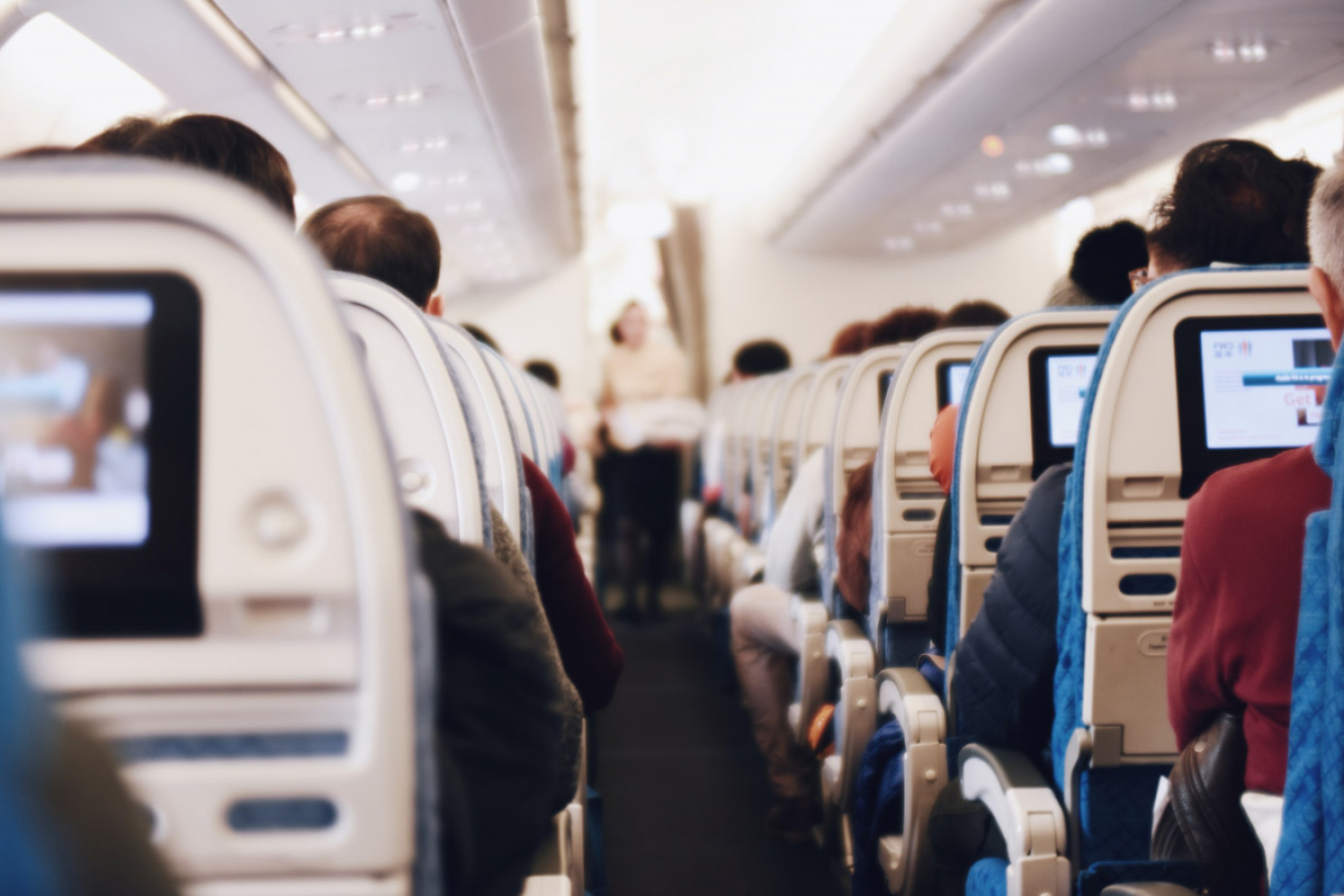Sanwar Ali: additional reporting and comments
Pandemic-based US visa and entry restrictions and bans, originally imposed by former American President Donald Trump, have actually become tougher in some respects under Biden. In the Schengen Area, UK and Ireland it has become more difficult to receive National Interest Exceptions (NIEs) and thereby avoid the long COVID-19 backlog of visa applications. NIEs for travelers from these countries had previously found it easier to obtain visas under the Trump administration at US embassies and consulates. In many cases to gain entry to the US quickly you now need to come under "critical infrastructure sectors", which is restricted to a limited number of industries.
However, changes in US Department of State (DoS) guidance has made it more difficult for business travelers, including senior executives and managers, to enter the US. Under previous guidance, E1 and E2 visa holders, H1B visa holders and L1 visa holders would be seen to offer substantial economic benefits to the US and visa applications would often be approved quickly, despite delays in visa processing for most people due to COVID-19.
However, the US Embassy in Rome, Italy recently explained that managers or senior executives traveling to observe operations or hold meetings with clients will no longer qualify for a National Interest Exception.
Some countries not included
While applicants from the Schengen region, the UK and Ireland have been blocked from NIEs, Secretary of State Anthony Blinken did not include Brazil or South Africa in the change of policy, despite these two nations having particularly contagious variants of COVID-19.
The abruptly updated policy also doesn’t include China or Iran – countries that the US considers to be adversaries. The DoS announcement also fails to explain why students traveling from the Schengen region, the UK or Ireland with a valid F1 or M1 student visa do not need to contact an embassy or consulate to seek an individual NIE to travel.
According to new guidance, students granted an F1 or M1 visa will ‘automatically be considered for an NIE to travel to the US’.
Meanwhile, there has been no change to the COVID-19 Labor Market and the different and more-easily-attainable NIE standards for H1B, L1 and J1 visa categories.
By rescinding the substantial economic benefit from the NIE criteria, which applied to travelers from the Schengen area, the UK and Ireland, Blinken now requires US consular officers to be satisfied that a visa applicant will provide ‘vital support to critical infrastructure sectors’ as defined by the Department of Homeland Security.
The DHS’ Cybersecurity and Infrastructure Security Agency (CISA) says: “There are 16 critical infrastructure sectors whose assets, systems, and networks, whether physical or virtual, are considered so vital to the US that their incapacitation or destruction would have a debilitating effect on security, national economic security, national public health or safety, or any combination thereof.”
“They include chemical, commercial facilities, communications, critical manufacturing, dams, defense industrial base, emergency services, energy, financial services, food and agriculture, government facilities, healthcare and public health, information technology, nuclear reactors, transportation, and water/wastewater systems,” the CISA added.
NIE rules make no sense
Rescinding NIE for citizens of the Schengen area, the UK and Ireland has been described as ‘making no sense’ on many levels, whether it’s on the grounds of public health, foreign policy, economic policy, rule of law or interdepartmental accountability.
To rescind on the basis of public health is baffling considering that student visa holders can enter unobstructed, while people from Brazil and South Africa – where a contagious variant of the coronavirus is known to exist – can also travel to the US.
From a foreign policy point of view, most countries in the Schengen area, the UK and Ireland are considered allies of the US, whereas nations like China and Iran would be considered enemies, yet their citizens are exempt from the new NIE rules.
From an economic standpoint, questions have been raised on why ‘harm to US industries that utilize talent from around the world’ has been used as a basis to remove NIE for some countries, but not others.
Questions have also been raised over why the US State Department is adjudicating and denying applications when its consular officers only have the authority to determine ‘visa ineligibilities’ and not inadmissibility to enter the US.
The use of funds by the DoS has also been questioned, with reports of appropriated funds being used unlawfully.
The DoS is set to review the existing rules before May 3, 2021, at which point some of these questions may be answered.
Workpermit.com can help with US employment-based visas
If you would like to apply for a US work visa – including L1 visas, E2 visas, O1 visas and H1B visas - Workpermit.com can help.
Workpermit.com is a specialist visa services firm with over thirty years of experience dealing with visa applications. We can help with a wide range of visa applications to your country of choice. Contact us for further details. You can also telephone 0344 991 9222.




